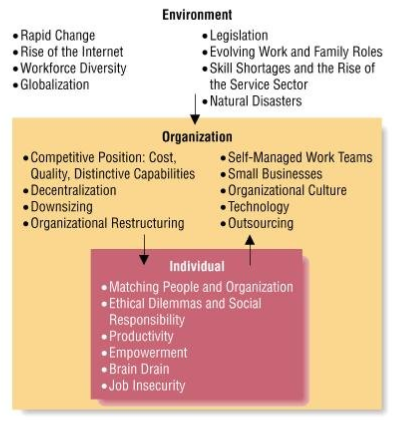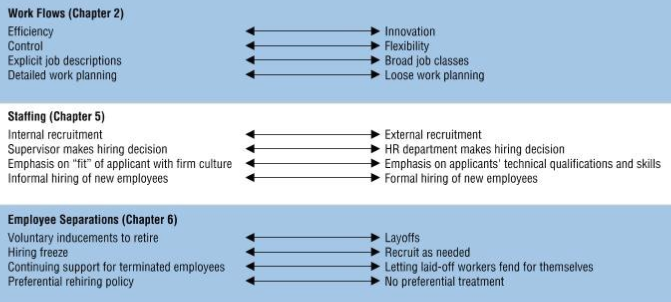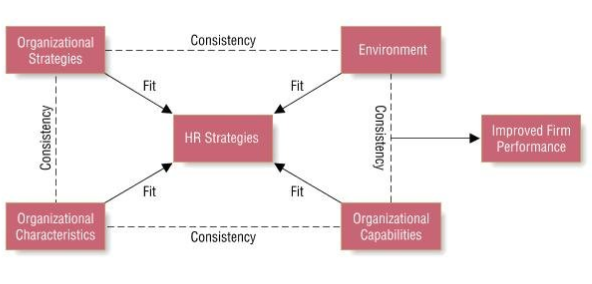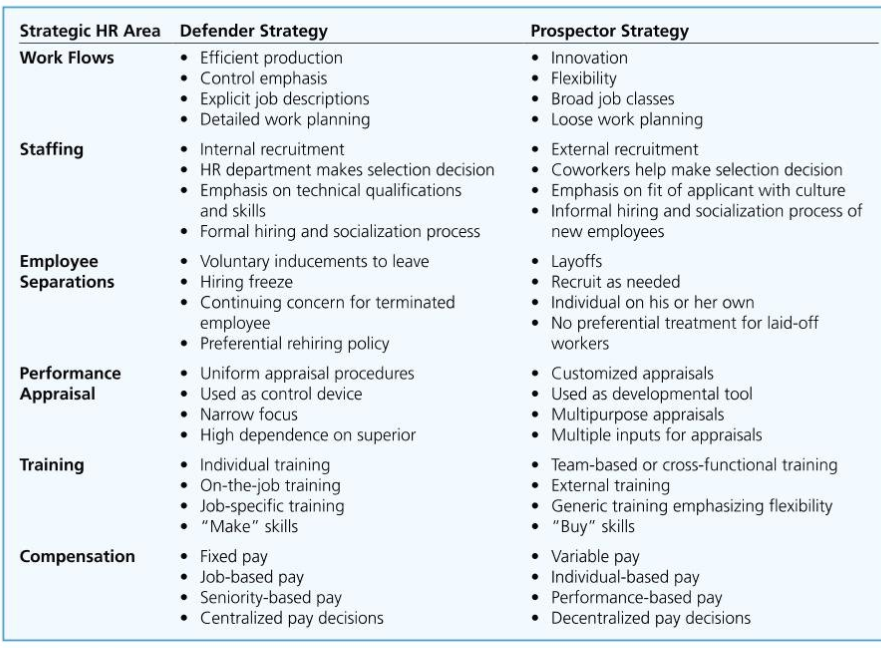CASE 8
Case #8
Kerkko Jahnukainen
Study Notes:
Ch1: Meeting Present and Emerging Strategic Human Resource Challenges
HR and the Challenges

Environmental Challenges are forces external to the company
Rapid change
The internet revolution




Kerkko Jahnukainen
Study Notes:
Ch1: Meeting Present and Emerging Strategic Human Resource Challenges
HR and the Challenges

Environmental Challenges are forces external to the company
Rapid change
The internet revolution
- Requiring greater written communucatuion skills
- Dealing with information overflow
- Breaking down labour market barriers
- Using online learning
- Enabling HR to focus on management
Workforce diversity
Globalization
- Word wide company culture
- Worldwide reqruiuting
- Industrial metamorphis
- Global alliances
- A virtual workforce
- A Global enterprise
- Wage competition
Legistlation
Natual disaters and terrorism
Competitive position: Cost, quality or distintive capabilties
- Controlling costs
- Improving quality
- Creating distintive capabilties
Decentralzatuion
Downsizing
Technology
Indivual Challneges
MAtching people and prganzation
Ethics and Responsinkuity
Brain drain
Prodcutivbty
Empowerment
Implementing HR startetigies
Work flows and staffing


Employee seperation
Performance appraisal
Training and career deleopment
Compesantion
Employee and labor relations
Selecting HR strategies to increase perofrmance

Orgazational Startegies

Sources: Luis R. Gomez-Mejia, David B. Balkin, Rober R. Cardy: Managing Human Resources, Ch.1
CASE 8)
Child refugees in Turkey making clothes for UK shops
BBC News reports about an investigation, which has uncovered young Syrian refugees working in factories in Turkey. They were mainly producing clothes for Marks and Spencer and the online retailer Asos.
There really isn't even a HR-case to be made, as these refugees, as the article said "sewing to survive". Their working environment is horrendous and it's as if the "employees" rights have completely been taken away.
For this case workflow is almost completely focused on efficiency. Due to that their k is very controlled and and the instructions are left with no room for innovation.
As for staffing, there is not a recruitment process. They take anyone they cant get, even children.
All sorts of appraisals don't exist in the world where these refugees work at. You either work or die. There is no carrot, merely the stick.
Training is obviously on the job type, as most of the workers and uneducated.
The pay for these workers and ridiculously low. With no benefits, bonuses, overtime etc. I would imagine their pay is either job-based or some sort of hourly pay.
External Factors: These refuges are being used as workforce, because they have had to flee their home country due to war and terrorism, so now they are being exploited as they have no choice.
Selecting HR Strategies to increase performance
As I stated before, these factories don't really have of HR-systems or strategies to talk of. But perhaps implementing some, improving the working environment, getting rid of child labor and improving employee to management relations would actually save the companies money, resources and increase performance.
Source: BBC News, Child refugees in Turkey making clothes for UK shops, 24.8.2016, www.bbc.com (http://www.bbc.com/news/business-37716463)
How Culture Affects Productivity
Direclty from www.hr.com
1. Organizational Clarity
2. Decision-Making Structure
3. Organizational Integration
4. Relationship of Management Style to Culture
5. Organizational Vitality
6. Compensation
7. Human Resource Development
Values and Beliefs Behind Success
No matter how much effort goes into improving the above areas, if the combination of capital, creativity and human resource management that comprises the organization''s culture is not success oriented then the outcome will be failure.
The overriding cultural values that influence a company''s productivity level include the intention to produce quality products and to provide quality service. Its production practices and its products will reflect creativeness and innovation. Informality will be the preferred communication practice. The company will appreciate that customers are the reason for its corporate existence, and treat them accordingly.
The company will recognize that its people should be treated with the dignity and respect it affords its customers. The culture will not support the notion that workers work and only managers manage.
Successful companies have in common the following basic values and beliefs:
Generally, the drive to provide a top quality product or service affects virtually every function of these organizations and they hold tenaciously to the belief that it is possible to achieve excellence.
They focus on the marketplace and are responsive to the needs of the consumer.
Regardless of the "economy of scale" argument that says large companies are more efficient, many of the most successful organizations appreciate that small is good.
They accept that work should be intrinsically satisfying, that employees can handle autonomy and that increased efficiency will result, and they act on these beliefs.
Their personnel policies are established with the realization that the only true discipline is self-discipline. Guidelines are established to provide regular and positive feedback, praise and coaching by the supervisors.
Employees see that the organization values the individual and his or her integrity, and that discipline provides a framework. It give employees confidence to experiment, their confidence stemming from knowing what really counts in the organization.
The successful organization thrives on internal competition, a value quite consistent with our North American way of life. We compete for school grades, we believe in the free enterprise system.
These companies are often characterized by open, frequent and intense communications, a feeling of informality and a go-with-the-flow attitude. Internal politics are a minor consideration.
Sources: How Culture Affects Productivity, 1.6.2005, www.hr.com

Comments
Post a Comment